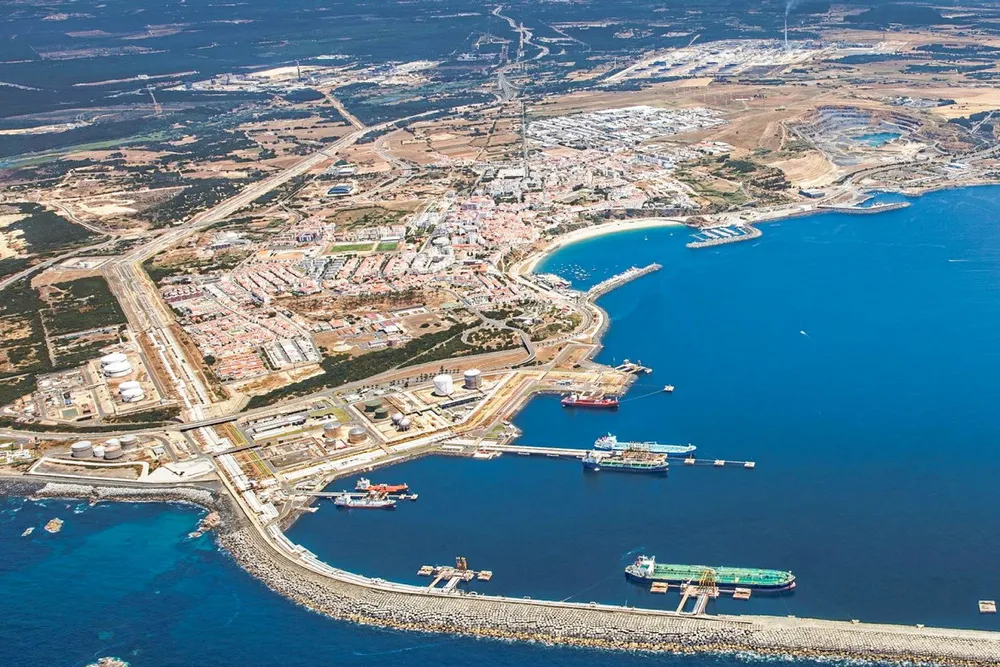EXCLUSIVE | This Shell-backed project to ship vast volumes of liquid green hydrogen from Portugal to the Netherlands has been scrapped
Despite being in line for a grant from the Innovation Fund, H2Sines.Rdam was quietly cancelled due to a lack of market and clear regulations
